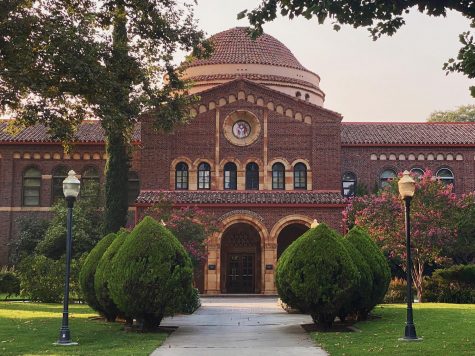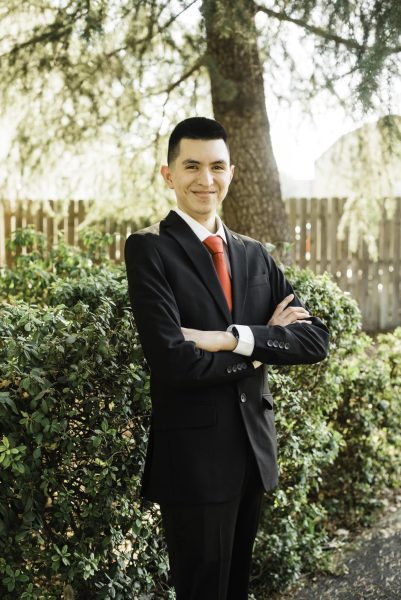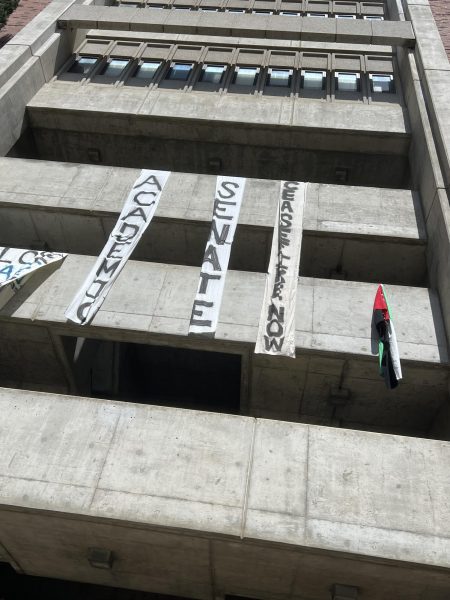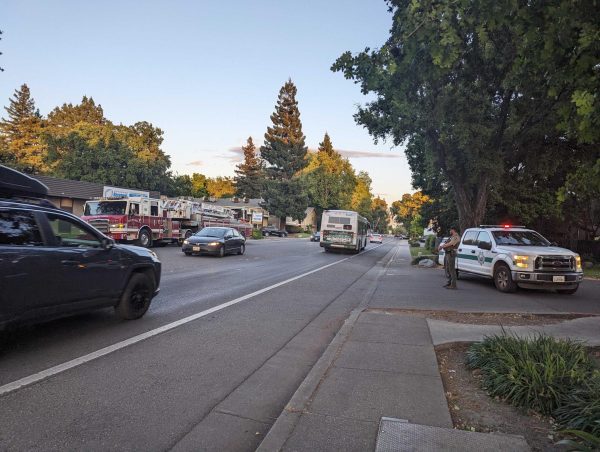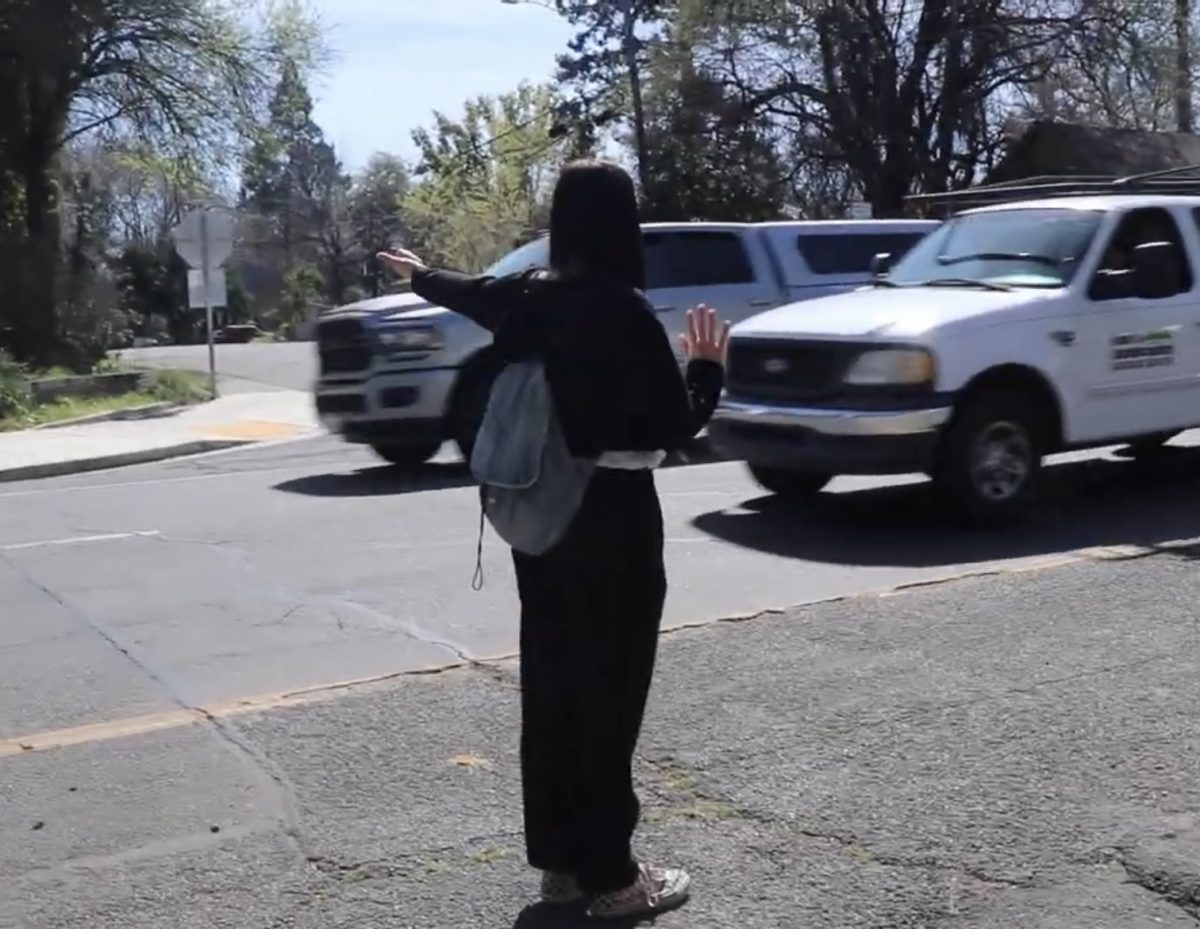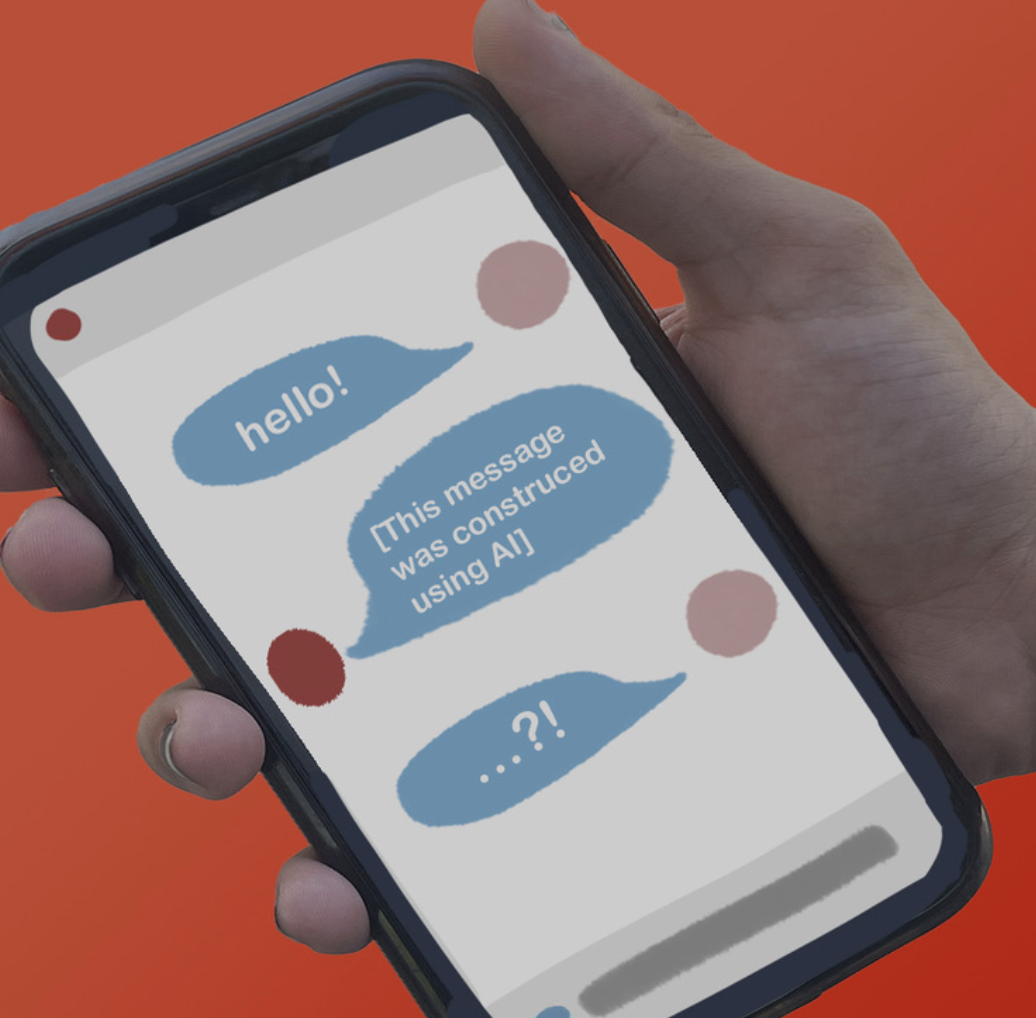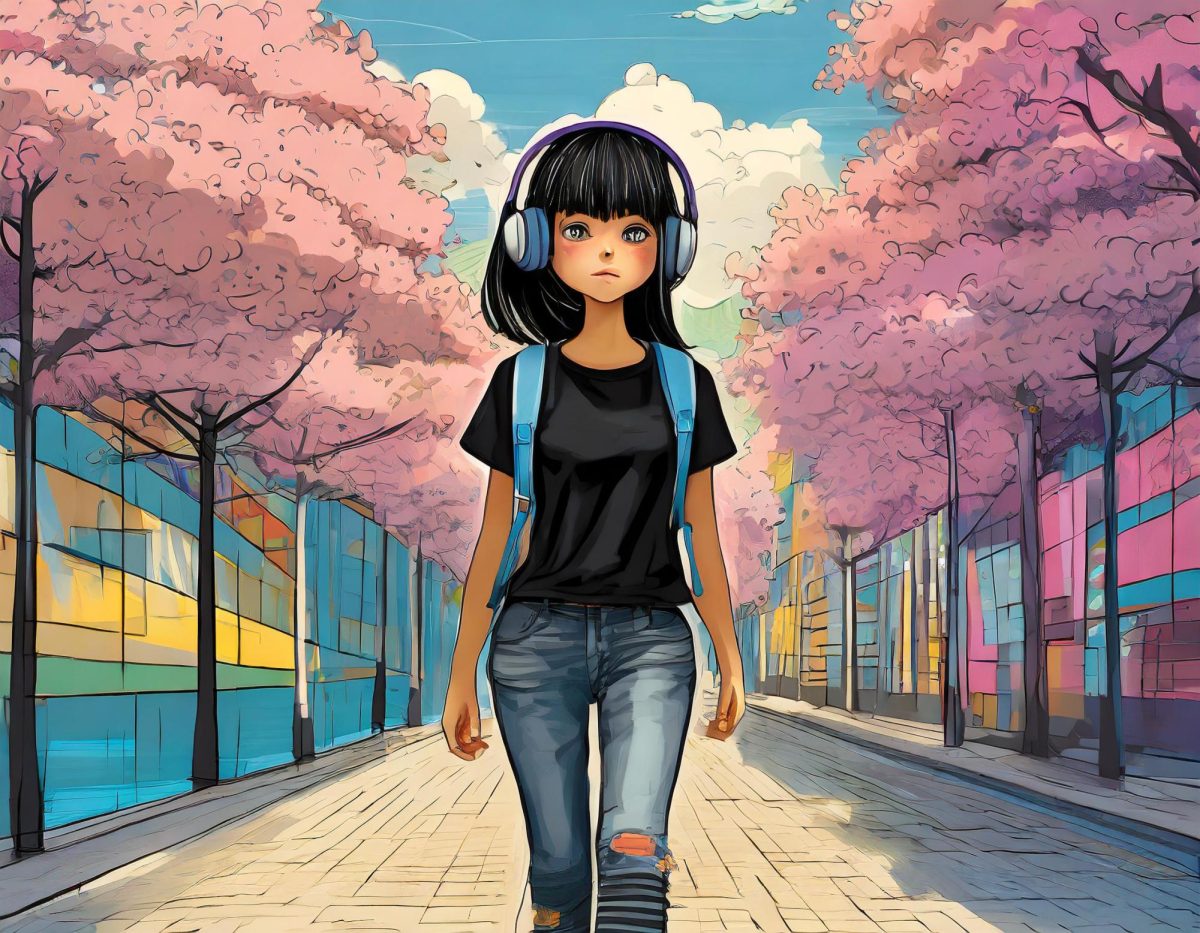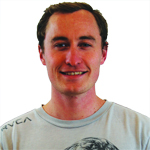
Although science and technology have shaped our society, there is a dangerous lack of understanding of science’s role as a way of thinking and living.
The innate curiosity that makes us human, the desire to know why things are the way they are, is beaten out of us by scared teachers or squelched by religion.
I was raised Catholic — I know how to obey, to not ask certain questions and that Catholics aren’t cannibals, even if they believe they eat the flesh and drink the blood of Christ.
Now I think of gods like superheroes.
It would be cool if they were real. Jesus sounds like a great pal and Batman seems like a good dude to know. But I don’t need them to exist to appreciate what they have to offer.
I have found that religion conflicts with a critical, rational approach to understanding the human story of existence.
More recently, college has pushed the same confined kind of thinking. The prevalence of multiple choice examinations is just one visible example of institutionalized restricted thinking.
It’s no secret that people in power have a vested interest in keeping power. Historically, religion has played a major role in this regard. Combine this with an education system that rewards teachers for reinforcing obedience, rather than innovative thinking, and you have a recipe for civilizational failure.
“What civilizational failure?” you ask? The kind that makes global warming a debatable topic.
It’s the same kind that clings to the notion of a vengeful, omnipotent lawmaker waiting in judgment, which many of the Judeo-Christian persuasion believe gifted us the world for our “dominion.”
It’s worth noting how the Judeo-Christian domination axiom, later re-dubbed “manifest destiny,” has, with the misuse of science and technology, created the conditions that have made possible the extraordinary abuse of the world’s resources.
We’re in this together — no one vein of culture has all the right answers. But we should know enough by now to know that we don’t know enough.
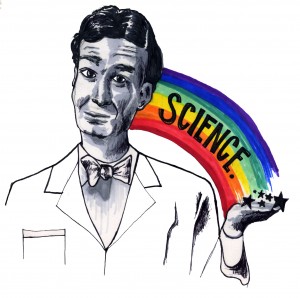
The reason science is so unappealing to some is that it always raises new questions, even as it unravels a widening ripple of information and theory.
It makes us feel small, inconsequential — not the center of the universe.
Put another way, science can be understood as the pursuit of higher-quality ignorance. It’s about acknowledging how much we don’t know. In this sense it’s truly humbling, even if scientists themselves can sometimes be perceived as arrogant.
Religion is supposed to make us feel good. It makes sense that we would want to feel relief from the anxiety of living, to know the origins of creation and to have some idea of what’s in store for us when we die. To not wonder about such questions seems unnatural.
It’s so much easier to be told we’re doing it right by prophets and scripture. It feels much nicer to reside in a lifeboat of faith in a world that, at times, seems so hopeless.
People want to commit to a story, even if it involves rebirth, reincarnation, eternal bliss in heaven or salvation, to name a few.
However, the leap of faith that brings religious communities together leaves less room for the power of interacting with the world through scientific inquiry.
There’s too much at stake to worry about stepping on holy toes.
The late Carl Sagan, an influential science communicator who spoke frequently about the importance of questioning authority, said “If we’re not able to ask skeptical questions, to interrogate those who tell us something is true, then we’re up for grabs,” by the next manipulator: religious, political or otherwise. We live on the razor’s edge of human history. It’s time for a change in values that place higher priority on ecologically responsible technology, innovation and critical thinking.
Kevin Crittenden can be reached at [email protected] or @kevlodius.

